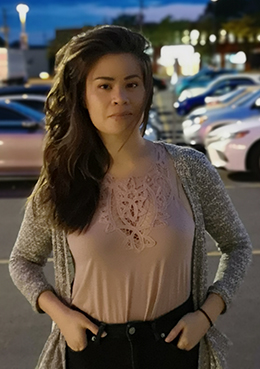This piece was reprinted by OpEd News with permission or license. It may not be reproduced in any form without permission or license from the source.
"But now that slavery was destroyed, and the slave and the master stood upon equal ground, I was not only willing to meet him, but was very glad to do so"He was to me no longer a slaveholder either in fact or in spirit, and I regarded him as I did myself, a victim of the circumstances of birth, education, law, and custom.
Our courses had been determined for us, not by us. We had both been flung, by powers that did not ask our consent, upon a mighty current of life, which we could neither resist, nor control. By this current he was a master, and I a slave, but now our lives were verging towards a point where differences disappear, where even the constancy of hate breaks down and where the clouds of pride, passion, and selfishness vanish before the brightness of infinite light."
(1) This paper has used Douglass' account of American history from his writings in his autobiography "Life and Times of Frederick Douglass", for which the full pdf version can be found here.
(Note: You can view every article as one long page if you sign up as an Advocate Member, or higher).





